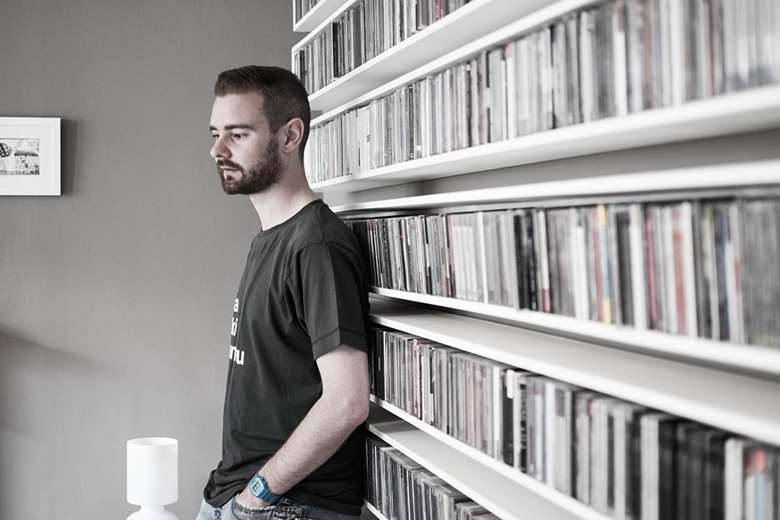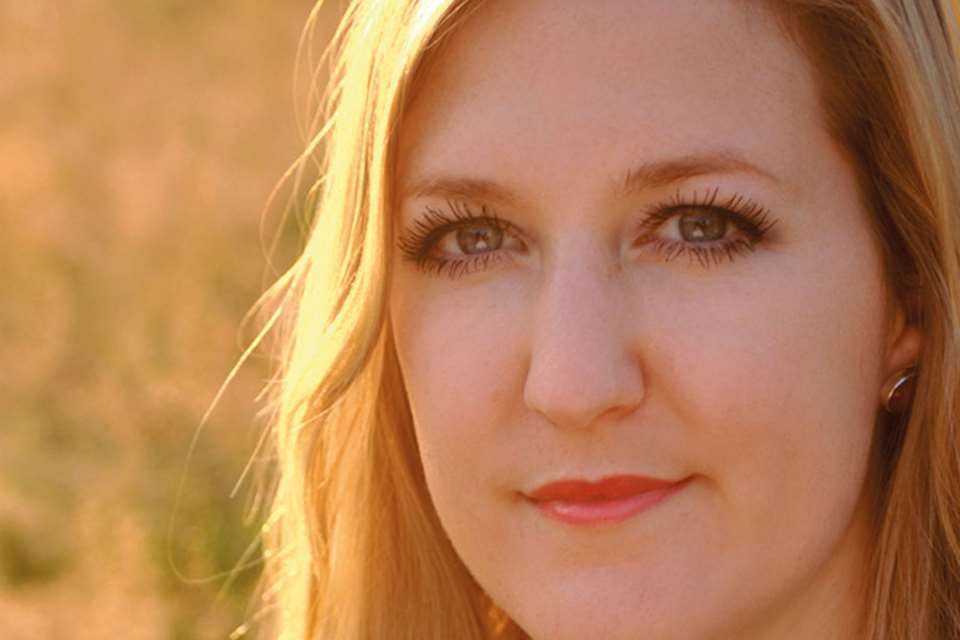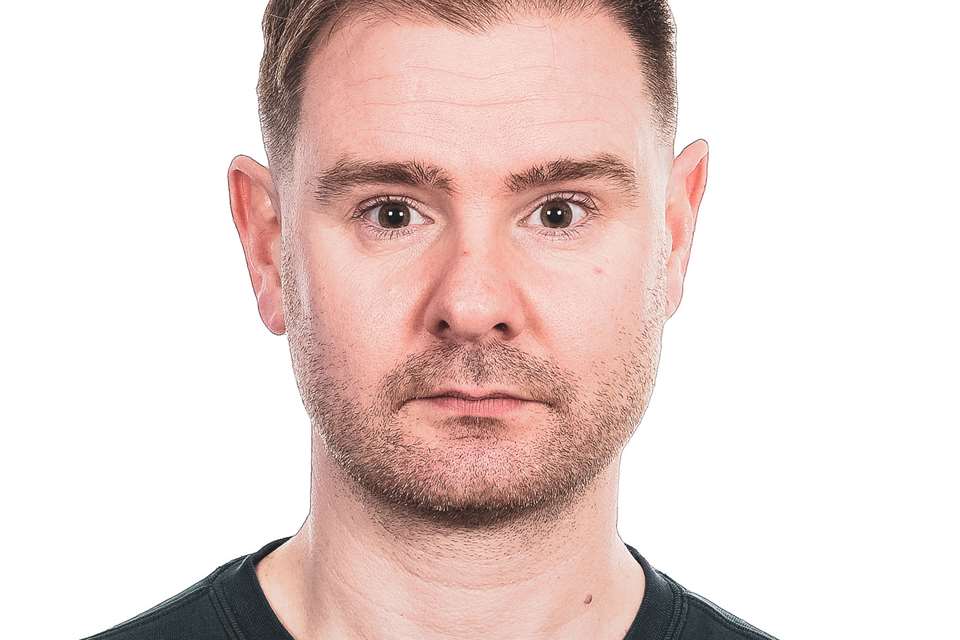Is it time to put the brakes on our intellectual superiority when talking about opera? | Andrew Mellor
Andrew Mellor
Friday, July 21, 2023

I write this column on a train hurtling up Sweden’s sunlit west coast. In a few hours I’ll be seeing a new production of Nabucco at The Gothenburg Opera. I send a selfie to my dad via WhatsApp with the caption ‘off to Nabucco.’ A few seconds later, up pops his reply: ‘Lovely. How long for?’
My dad knows Nabucco is an opera and not a Greek island. His reply conformed to a longstanding family joke. One afternoon in 1995 he was walking our dog when he encountered Geoff, a retired naval officer and our most erudite neighbour in a dingy neighborhood of Plymouth. ‘We’re off to Nabucco tonight,’ my dad said as they each monitored their respective Golden Retriever. ‘Lovely,’ Geoff replied, ‘how long for?’
Every time I’ve done the ‘off to Nabucco’ routine since - which is every time an opera company has staged Nabucco on my patch - I’ve pondered why we found Geoff’s reply so funny. On the surface, our reaction was plain cruel: Geoff hadn’t heard of Nabucco and so presumed it was a resort, which made us think him a fool - sneering and inexcusable by anyone’s standards. Then again, there was something quite pretentious about Geoff, which rendered our hilarity almost (and I mean almost) fair game. If anyone on our street could have distinguished between a holiday destination and an Italian opera, it would have been Geoff. We’d discovered an unexpected chink in his intellectual armour.
A few years earlier, nobody in my family would have known what Nabucco was. I became obsessed with the opera and forced my parents to get us tickets to see it. Contrary to the usual way of things, my parents and I got to know opera in tandem. We discovered the repertory, slowly, at the same time. We saw our first Figaros, our first Traviatas and our first Nabuccos together. We pronounced their titles incorrectly as a family.
For that reason, I can forgive my dad the joke and even laugh at it with him. Perhaps I find it funny because it says so much about opera’s social awkwardness - the idea that many operagoers love nothing more than to flaunt their knowledge, but are faced with the frustration of opera looking for a new generation of ticket buyers who don’t care much about the opinions of old bores like us.
The prospect of a new audience for opera apparently arouses as much disgust as optimism. We passionately believe in the art form, yet we often find it difficult to work out whether we want it to be for everyone or just for us, but with a select few additional invitees. The negative reaction to ENO inviting opera-curious celebrities to its opening nights has proved as much (ironically, those celebrities have since proved among ENO’s most vociferous supporters).
In 2006, I spent a year on the opera jury of the Laurence Olivier Awards. I got to see every new production in London and would regularly discuss them with four other jurors, the youngest of whom was twice my age. I had a music degree, thought I knew the repertoire and believed I had valuable comments to make on its performance. But most of the time, I felt like Geoff. I’d hear words coming out of mouths and had no idea what language they were even in. I was expected to possess a vivid recall of performances that had taken place before I was born. I was mystified by the curious conversational dressage that passed for ‘opera chat’ and its pathological oscillation between swooning infatuation and outright disgust. I learned a lot, but I promised myself to try to think of opera in broader terms.
I don’t think we’re great at talking about opera to people who have a more ambivalent relationship with it than us - whose knowledge of it is more opaqueand less obsessive. Often, the problem is that we’re in too deep. We’ve become so embroiled in an all-consuming art form that we can’t even see where the entry-points for other people might lie, let alone negotiate our way through them. In the end, we wind up sounding patronizing - or worse, like we’re showboating. We obsess over little things like pronunciation. It doesn’t take Freud to see the roots of that: a basic insecurity in the face of the sheer amount of language, history, knowledge and stylistic variation that opera encompasses.
We live a narcissistic age, one in which emotional reactions are increasingly afforded the status of informed, fact-based knowledge. That might be lamentable, even if it’s historically not that new. But it does give us an opportunity to slip some intellectual moorings in certain social circumstances. I’m an opera critic when I write about a performance and I take the intellectual responsibility of that job seriously. When I watch an opera with a friend, family member or acquaintance, I am just as interested in the emotional response of that person as I am in my own. If those people have never seen or heard the opera being performed, their reactions are often even more wise and telling.
My dad, incidentally, had a good response to Geoff’s ‘how long for?’
He creased with laughter while proffering a ‘very good Geoff!’ That let Geoff feel the comfort of being the clever one. If he wanted to know what Nabucco was, I’m sure he’d have found out in his own time.
@operalastnight








